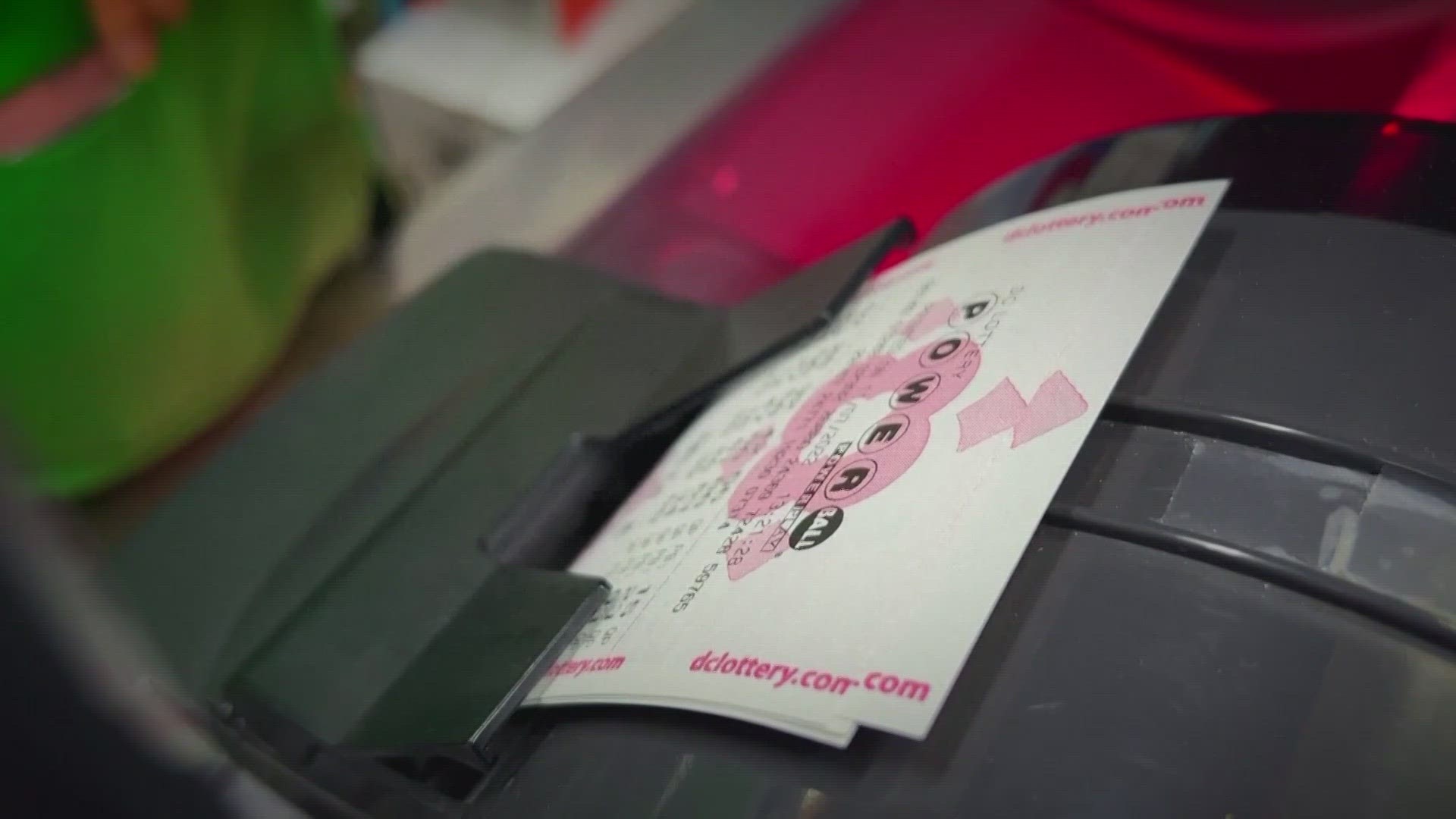BRUNSWICK, Maine — Do you know which state was the first to start a lottery? No scratch tickets will be distributed as prizes, but give yourself a pat on the back if you knew the correct answer is New Hampshire.
“The original game was based on the results of a horse race,” the North American Association of State and Provincial Lotteries website said, “... and the first tickets were sold March 12, 1964.”
It was called the New Hampshire Sweepstakes.
Maine climbed aboard the gambling express a decade later when voters approved a referendum creating the Maine State Lottery. In 2004, the state joined Powerball. Sales have climbed steadily, and in the fiscal year 2020, Maine’s lottery revenues hit $311,000,000. Clearly, people are drawn to what the Maine State Lottery calls “fun and exciting entertainment.”
But here’s a question: Do people who play the lottery know how lousy the odds are? Sure, most folks presumably understand that, in the long run, the house—which is to say, the state—always wins. Still, when the jackpots for Powerball or Mega Millions start climbing toward a billion dollars, ticket sales skyrocket.
To get some insight into why those gargantuan jackpots trigger the gambling equivalent of a feeding frenzy, we turned to Barbara Held, a retired Bowdoin College psychology professor, and Eric Gaze, senior lecturer in mathematics and director of Bowdoin’s quantitative reasoning program. Held knows the human mind; Gaze knows probabilities.
When asked why people who don’t usually play the lottery pile in when jackpots start heading toward or exceeding a billion dollars, Held’s answer was blunt.
“I don’t think there’s any mystery to this,” Held said. “It’s like, you know, what the hey? Why not? Somebody’s going to win it.”
Somebody is indeed going to win it, but the chances are almost inconceivably minuscule. “Roughly 1 in 300,000,000,” according to Gaze.
Can’t wrap your brain around that number?
“The way I like to think about it,” Gaze said, “... is if I individually, personally bought a ticket every day, how long would I have to wait before I could expect to win? And you’d have to wait about a million years.”
Here’s another perspective. The National Weather Service calculates the odds of being struck by lightning in the U.S. in a year at about 1 in 1,200,000. Yes, you’re far less likely to win Powerball than to get hit by lightning.
As we were finishing up, I posed one last query to our two experts.
“After this conversation,” I said, “... are you going to be headed to the convenience store to stock up on tickets?”
Held, who has never bought a lottery ticket in her life, responded with a question of her own. “What do you think?” she asked dryly. Translation: No.
The mathematician surprised me.
“I will continue to do as I have done in the past,” Gaze said. “I enjoy buying scratch tickets as stocking stuffers every Christmas, and every now and then when I’m at a convenience store and I have a couple of bucks, I’m probably going to buy a scratch ticket or a lottery ticket—just for fun.”

